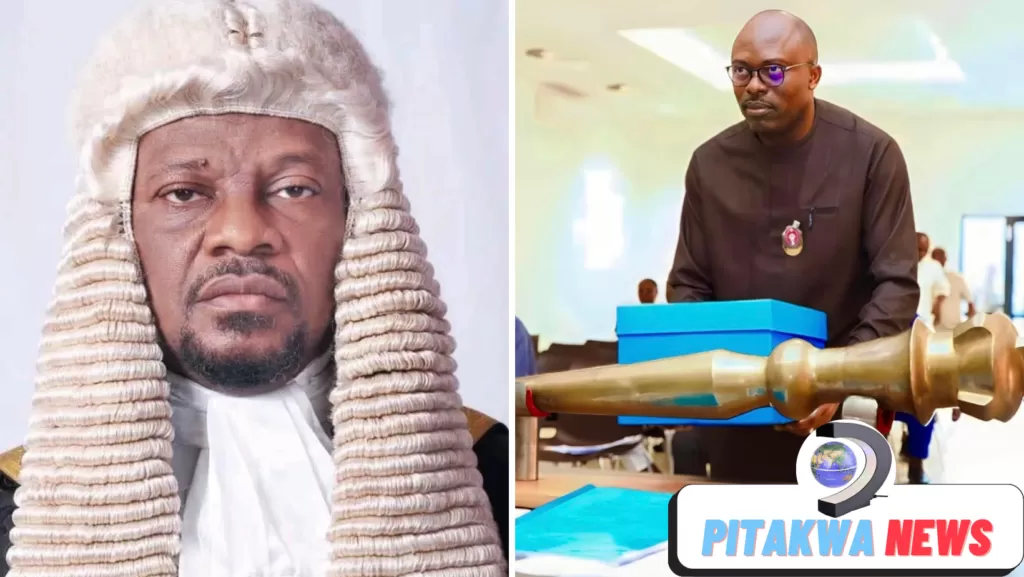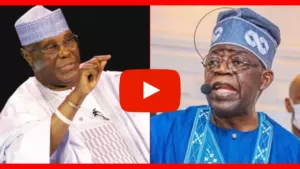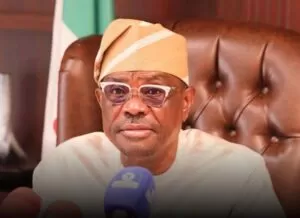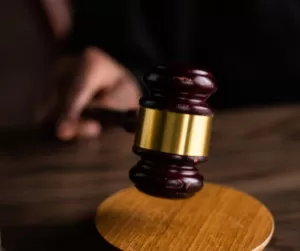Rivers Court Invalidates Law, Wike Faction Rages

In a significant turn of events in the ongoing political saga in Rivers State, the Rivers State High Court has invalidated the amended Local Government Law proposed by the Martins Amaewhule faction of the Rivers State House of Assembly. This law sought to extend the tenure of local government chairmen by six months, but the court ruled that it was inconsistent with the 1999 Constitution and the Rivers State Local Government Law No. 5 of 2018.
The court’s decision is a victory for Rivers State Governor, Simi Fubara, over his former boss turned rival, Nyesom Wike, who is now the Minister of the Federal Capital Territory (FCT). The ruling has been met with resistance from the Wike faction, which has expressed its displeasure with the court’s decision.
Justice D.G. Kio, who presided over the case, upheld the principle of constitutional supremacy in governance, stating that the attempt to extend the tenure of local government chairmen through the enactment of the Local Government Law No. 2 of 2024 was unlawful and contrary to the oath of office taken by public officials.
The court’s decision reaffirms the three-year tenure for local government chairmen and councillors, as stipulated in the Rivers State Local Government Law No. 5 of 2018. The attempt to extend their tenure has been declared unlawful and contrary to the 1999 Constitution.
As the political landscape in Rivers State continues to evolve, the court’s ruling adds another layer of complexity to the ongoing power struggle between Governor Fubara and former Governor Wike. The decision has been met with mixed reactions from various stakeholders, with some praising the court’s commitment to upholding the rule of law, while others, particularly the Wike faction, have expressed their disappointment and frustration.
In response to the court’s decision, the Wike faction has vowed to explore all available legal avenues to challenge the ruling and protect the interests of its members. Meanwhile, Governor Fubara has welcomed the court’s decision, stating that it reinforces the importance of upholding the rule of law and ensuring that the democratic process is respected.
As the political drama continues to unfold in Rivers State, the court’s ruling has set a precedent for the future of local governance in the region. The decision will likely have far-reaching implications for the relationship between the state government and local government authorities, as well as the ongoing power struggle between Governor Fubara and former Governor Wike.







